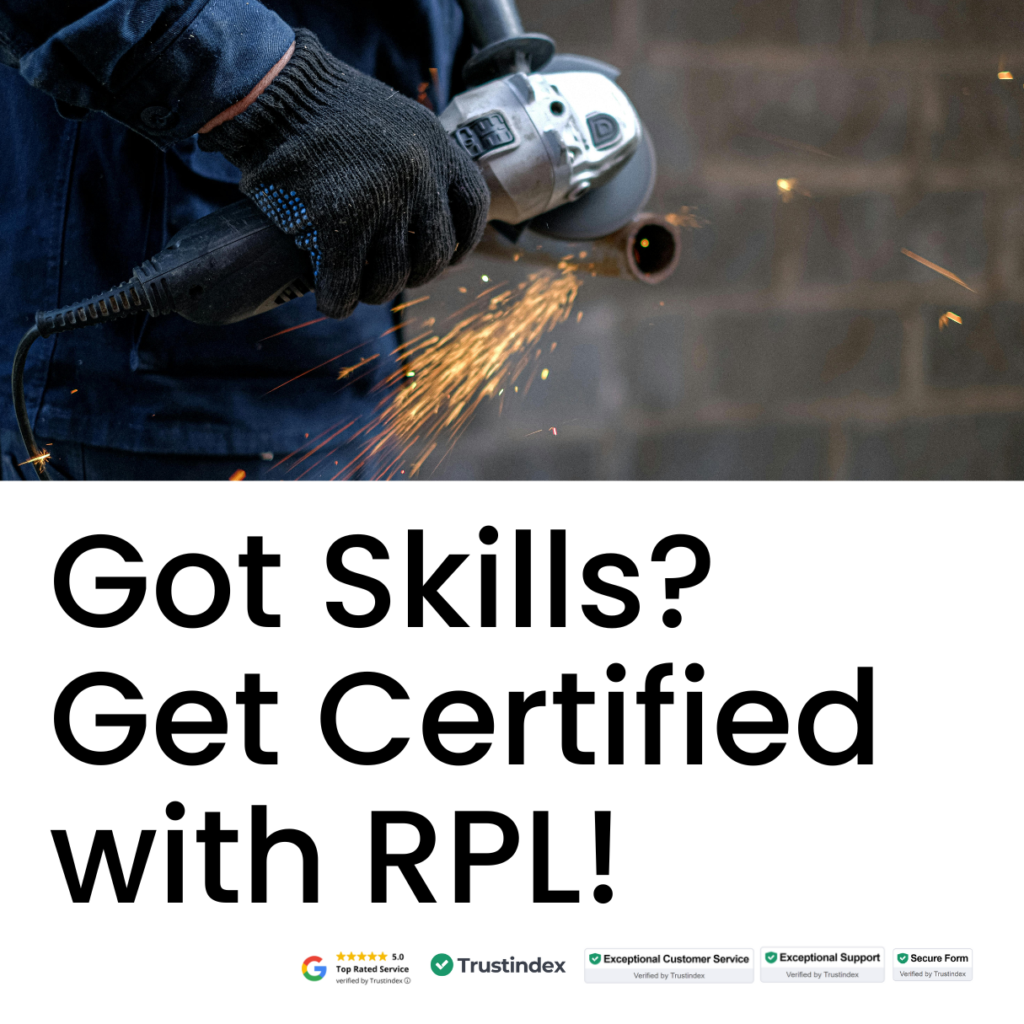When considering advancing your qualifications, choosing the right education pathway is crucial. Two common routes are Recognition of Prior Learning (RPL) and traditional education. Each has its advantages and is suited to different needs and situations. Understanding the differences between these pathways will help you make an informed decision that fits your lifestyle, career goals, and learning preferences.
What Is Traditional Education?
Traditional education typically involves enrolling in a formal course at a college, university, or training provider. It requires attending scheduled classes, completing coursework, exams, and often dedicating months or years to study. This pathway is structured and guided by formal curricula designed to build foundational knowledge and skills progressively.
Pros of Traditional Education:
- Comprehensive learning with expert instructors.
- Networking opportunities with peers and faculty.
- Access to campus resources and support services.
- Recognised qualifications valued across industries.
Cons of Traditional Education:
- Time-consuming, often requiring full-time study or time off work.
- Higher costs, including tuition fees, materials, and potential lost income.
- Less flexibility in scheduling and pace.
What Is Recognition of Prior Learning (RPL)?
RPL is a flexible and efficient alternative designed for professionals with relevant skills and experience. Instead of attending classes, RPL assesses your existing competencies gained through work, informal training, or life experience. By submitting evidence such as resumes, work samples, and reference letters, you can gain formal qualifications quickly, often without stepping away from your job.
Pros of RPL:
- Fast-track qualification without attending lengthy scheduled classes.
- A flexible process that fits around your work and life.
- Cost-effective with no additional tuition for redundant learning.
- Recognition of real-world skills and experience.
Cons of RPL:
- Requires well-organised evidence and documentation.
- Less structured learning environment – self-directed.
- May require supplementary training if evidence is insufficient.
Overcoming the Challenges of RPL with STUDYIN’s Support
While RPL offers many advantages, it also comes with a few challenges, such as the need for well-organised evidence, a less structured learning environment, and the possibility of supplementary training. At STUDYIN, we understand these concerns and provide comprehensive support to help you navigate them smoothly:
- Expert Guidance on Evidence Preparation:
We provide you with a qualification-specific document checklist and personalised advice to help you gather, organise, and present your evidence effectively. This ensures your portfolio is clear, relevant, and compelling, reducing the stress of documentation. - Ongoing Assistance Throughout Your RPL Journey:
Our experienced RPL specialists offer personalised support and advice at each stage, from your initial skill assessment to portfolio submission, helping you stay on track and confident. - Understanding Supplementary Training:
In some cases, RTO assessors may recommend additional training if your evidence is incomplete. While STUDYIN does not provide or arrange this training, we ensure you are fully informed about the process so you can take the necessary steps directly with the assessor or training provider.
With STUDYIN’s guidance, you can confidently navigate the RPL process, focusing on showcasing your skills and experience to achieve your qualification.
When to Choose RPL Over Traditional Education
RPL is ideal if:
- You have significant work experience and practical skills in your field.
- You want to formalise your existing skills quickly.
- You cannot afford to take time off work, or you prefer not to attend classes.
- You want to save on tuition fees and avoid repeating what you already know.
- You value a flexible, self-paced learning and assessment approach.
If these apply to you, RPL can be a highly efficient way to gain a qualification that aligns with your experience and career goals.
When Traditional Education Might Be Better
Traditional education suits you if:
- You are starting fresh in a new field without prior experience.
- You want a comprehensive foundation of knowledge and skills.
- You prefer a structured learning environment with direct instructor support.
- You seek to benefit from networking and campus facilities.
- Your chosen career requires classroom-based practical training or accredited coursework.
In these cases, traditional education might better prepare you for entry or advancement in your field.
How STUDYIN Supports Your RPL Journey
At STUDYIN, we specialise in helping busy professionals leverage their experience through RPL. Our streamlined process ensures you can convert your skills into nationally recognised qualifications via partner Registered training organisations (RTOs) within 4 -12 weeks.
If you’re curious about RPL or unsure if it’s the right path, start with our Free 40-Second RPL Skill Assessment. It’s designed to evaluate your experience and recommend the best qualifications for your profile.
For a full understanding of how the RPL process works, check out our in-depth guide: Navigating the RPL Process: A Comprehensive Guide.
Final Thoughts: RPL vs Traditional Education
Both RPL and traditional education offer valuable pathways to qualifications. The best choice depends on your current experience, career goals, and lifestyle. If you already have significant skills and want a fast, flexible way to get recognised, RPL could be the perfect solution. However, if you are new to a field or want a structured, comprehensive education, traditional study may be preferable.
Whichever path you choose, advancing your qualifications is an investment in your future. With STUDYIN, you can confidently take the next step toward your career goals, on your terms.









